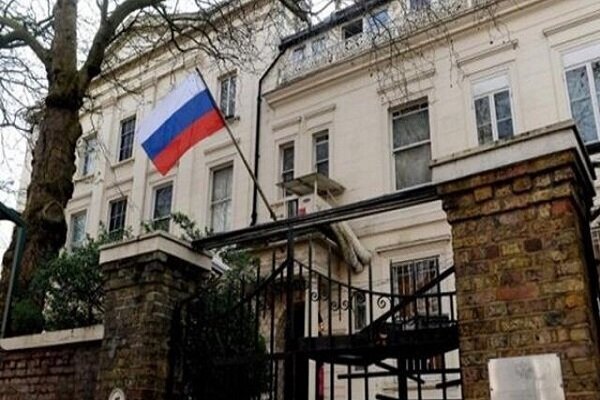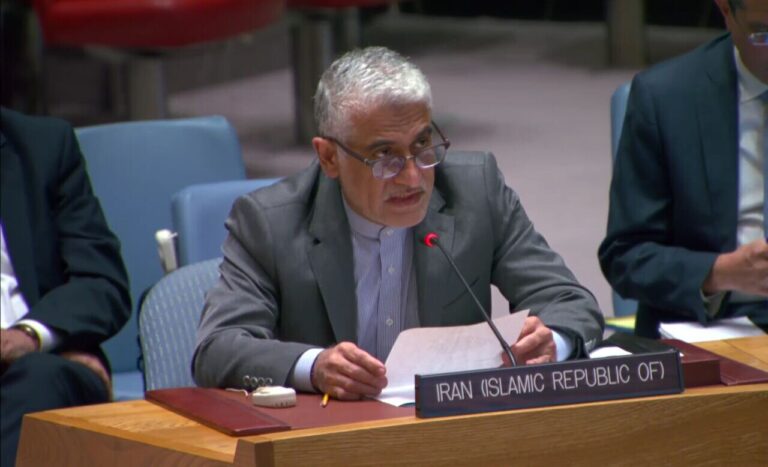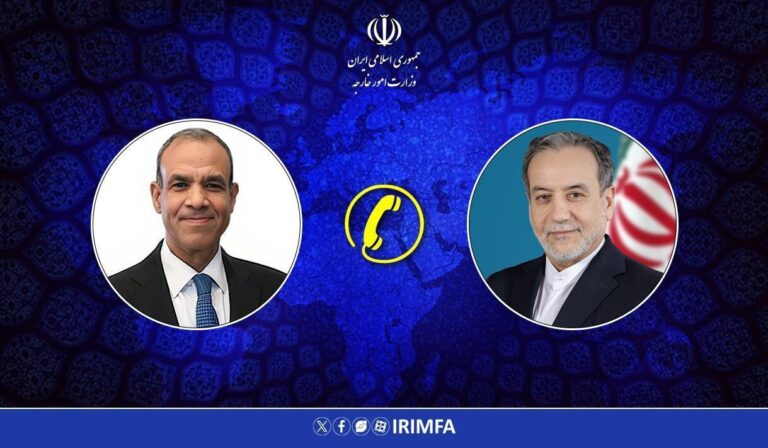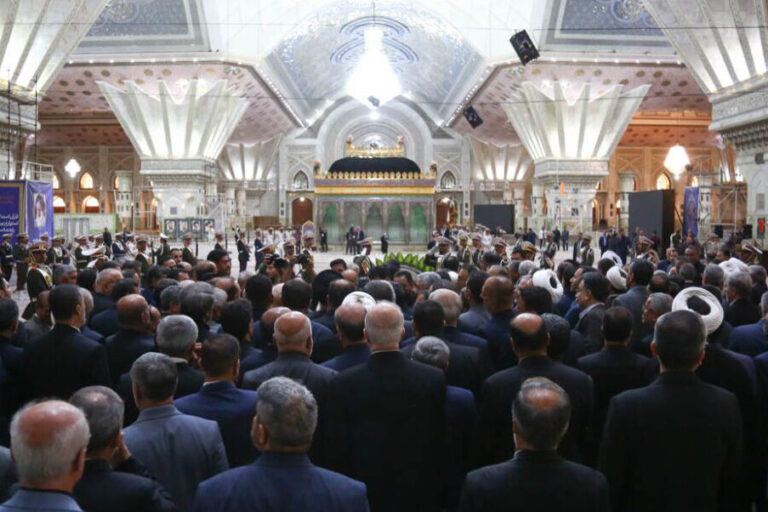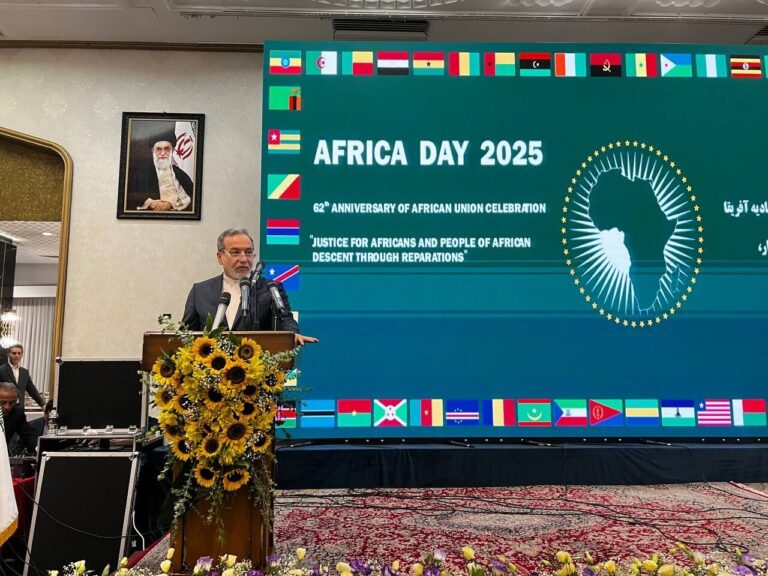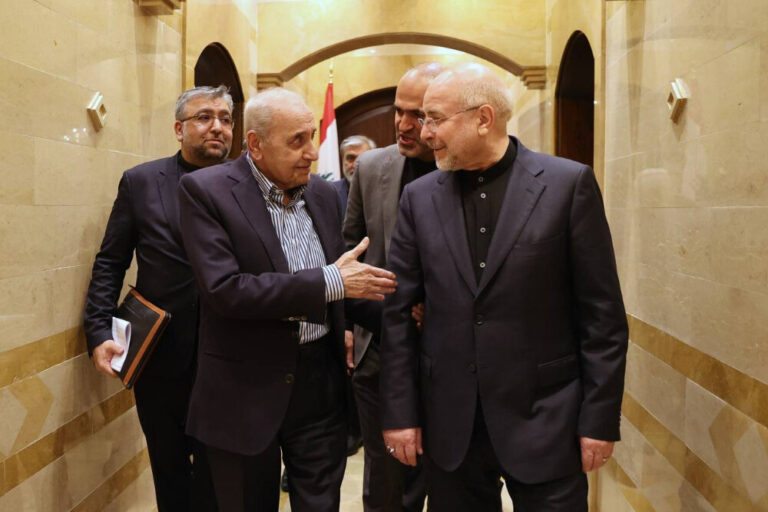Zarif’s Bold Statements Ignite Debate: Russian Embassy Responds to Unfolding Realities
In the context of Iran’s foreign relations, the primary keyword of “national interests and security” plays a crucial role. The Islamic Republic of Iran operates under a guiding principle that emphasizes protecting these interests amid a chaotic external environment. This principle of “neither East nor West” reflects Iran’s commitment to maintaining independence while pursuing a balanced foreign policy aimed at maximizing national interests and minimizing security threats.
Iran’s geographical position in the “Heartland” region, rich in hydrocarbon resources and serving as a communication crossroads, has consistently drawn the attention of major global powers, particularly the United States, Britain, and Russia. The dynamics among these countries often shift between collaboration and competition, leading to complex geopolitical interactions.
Here are some key points regarding the intricate relationship between Iran and global powers:
- The “Tehran Conference” has been held by these powers without the consent of Iranian authorities, showcasing a history of disregard for Iran’s sovereignty.
- Recent remarks by former Iranian Foreign Minister Mohammad Javad Zarif have reignited discussions on the end of long-term alliances, prompting a swift response from the Russian embassy.
- The accusation of “lying” and “ignorance” directed at Zarif by Russian officials indicates heightened sensitivities in diplomatic relations.
Following the collapse of the Soviet Union, two significant currents emerged within Russia’s leadership: the “Westerners” and the “Neo-Eurasians.” From 1991 to 2009, Russia attempted to integrate with Western civilization, seeking economic and political benefits. However, U.S. administrations under President George W. Bush and Barack Obama categorized Russia, alongside China, Iran, and North Korea, as revisionist states posing threats to Western interests.
Key events that shaped this narrative include:
- The rise of color revolutions in Ukraine (Orange Revolution – 2004) and Georgia (Rose Revolution – 2003), which were perceived as Western efforts to encircle Russia.
- Russia’s military interventions in Georgia and Ukraine in response to NATO’s encroachment towards its borders.
In 2006, the Bush administration, supported by Israel, depicted Iran’s missile capabilities as threats not only to regional countries but also to major European cities. This psychological operation was part of a broader strategy to position U.S. missile defense systems closer to Russia’s borders.
During this period, negotiations began with Eastern European nations to deploy anti-missile systems, prompting Russian President Vladimir Putin to propose a joint missile defense initiative between the U.S., Europe, and Russia. This initiative was ostensibly aimed at countering Iran, but underlying motives indicated a desire to prevent NATO’s expansion.
Interestingly, it appears that Russia’s cooperation with the West against Iran was more about countering NATO’s plans than genuine collaboration. As the U.S. shifted its stance, the narrative of a united front against Iran faded from diplomatic discussions.
Despite ongoing questions about the implications of Zarif’s statements and the Russian embassy’s reactions, it is essential to understand that Zarif’s comments were not fundamentally anti-Russian. Instead, they highlighted the importance of pragmatism and a realistic approach to national interests. Zarif has consistently advocated for strengthening ties with both Russia and China, underscoring Iran’s balanced foreign policy.
Today, Iran and Russia enjoy a high level of strategic coordination and cooperation. The signing of a comprehensive strategic agreement during President Masoud Pezeshkian’s visit to Russia marks a pivotal moment in their bilateral relations.
In this new era, it is paramount for Russia to recognize that Iran values its relationship with its northern neighbor. However, any interference in Iran’s internal affairs or disrespect towards its officials can breach the fragile trust that has been built between the two nations, potentially fostering pessimism and mistrust.
In summary, the evolving dynamics of Iran’s foreign relations reflect a delicate balance of power, national interests, and the need for mutual respect among global players. Understanding these nuances is essential for navigating the complexities of international diplomacy in the region.
MA/6375797
